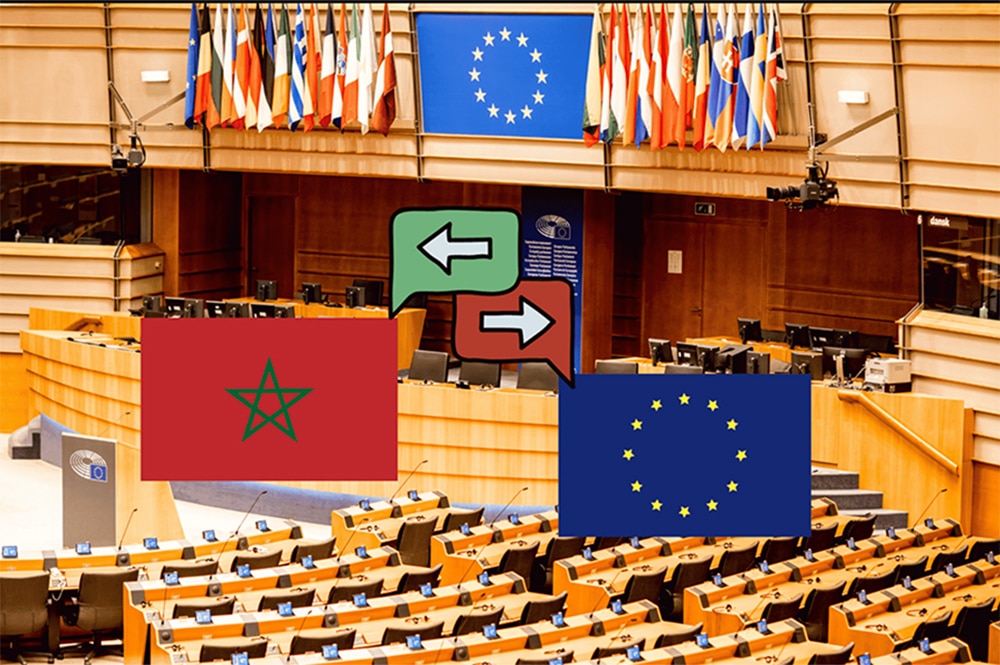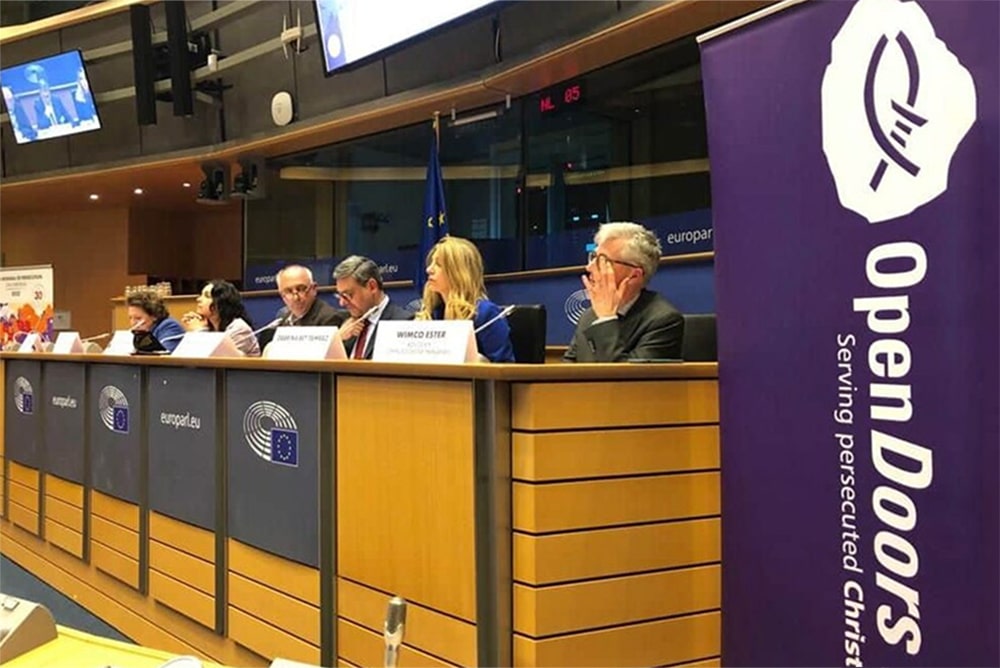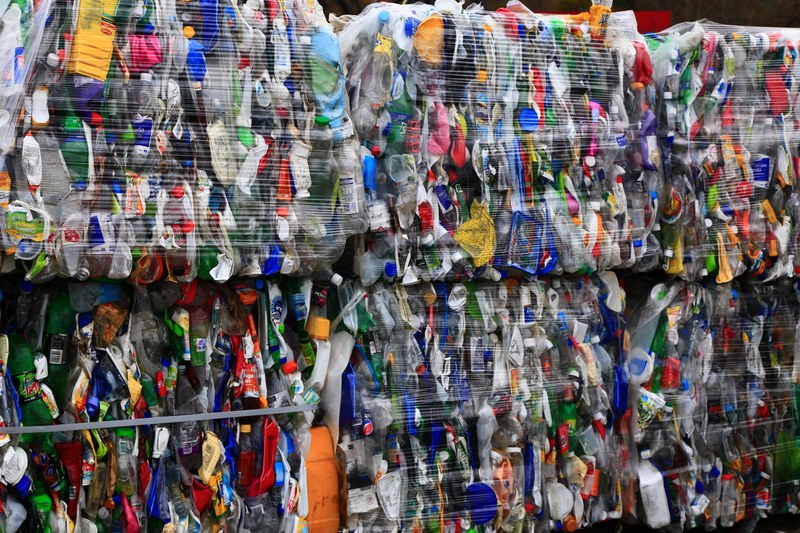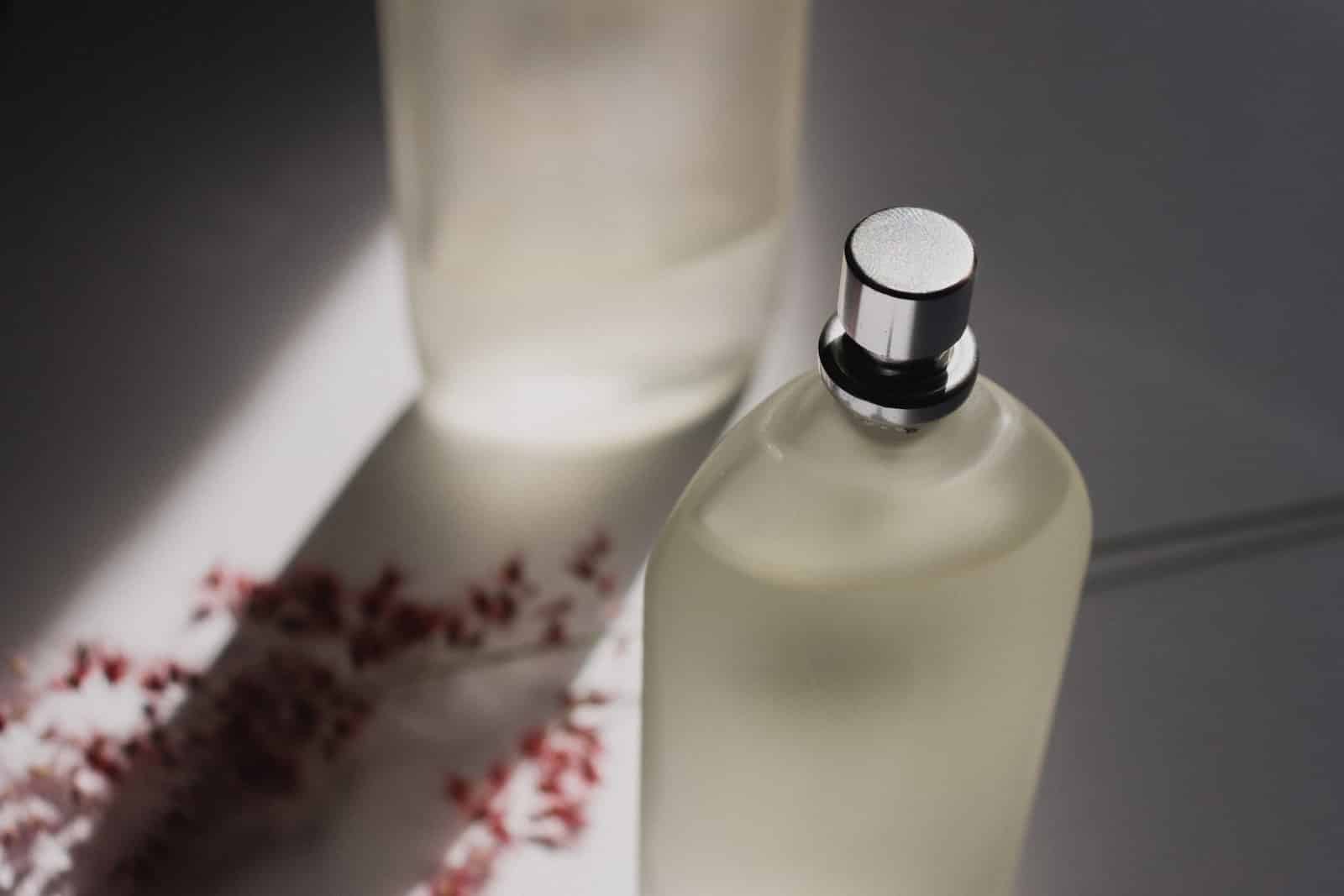Morocco and the European Parliament – On 19 January, the European Parliament adopted a strong resolution urging Morocco to respect media freedom and the independence of journalists. It also called “for the EU and its Member States to continue raising with the Moroccan authorities the cases of detained journalists and prisoners of conscience and attend their trials.”
The cases of three journalists were particularly highlighted in the resolution.
Taoufik Bouachrine sentenced to 15 years in prison, officially for sexual offences. Omar Radi sentenced to six years in prison on charges of espionage and rape. Soulaimane Raissouni serving a five-year sentence for alleged sexual offences. All of them denied the charges and said they were fabricated.
356 MEPs voted in favour of the resolution, 32 against and 42 abstained.
The Reporters Without Borders watchdog welcomed the EU Parliament vote.
The resolution had been initiated by the political group “Renew Europe” comprising MEPs elected on the list of President Macron’s political party. Since 2021, it has been led by the French MEP Stéphane Séjourné, a former member of the Socialist Party and now an advisor to Emmanuel Macron.
Reactions in Rabat
On 23 January, members of both houses of the Moroccan Parliament held a joint meeting and unanimously rejected the resolution, largely putting the blame on France. After their session, they called the EU resolution “an unacceptable attack against the sovereignty, dignity and independence of judicial institutions in the kingdom.”
Mohammed Ghiat, president of the National Rally of Independents, the biggest party of the ruling coalition declared: “Their decisions are not going to intimidate us, and we are not going to change our path and approach.”
Ahmed Touizi of the Authenticity and Modernity Party, another member of the ruling coalition, called the resolution “a desperate attempt to influence Morocco’s independent judiciary.”
Rachid Talbi Alami, speaker of the House of Representatives, said that Morocco’s Parliament has decided to reconsider its relations with the European Parliament.
Rabat looking for other allies
The US is one of the traditional allies that continue to reiterate its willingness to boost diplomatic ties with Morocco.
Washington is ready to deepen an already solid strategic partnership, Rabat says. Earlier this month, the Biden administration renewed the US determination to further strengthen diplomatic relations and bilateral cooperation with Morocco in various areas, including trade and security.
At the same time, the US Assistant Secretary of State for International Organizations Affairs, Michele Sison, conveyed her country’s keenness to bolster ties with Morocco.
In a press briefing following talks with Morocco’s Minister of Foreign Affairs, Sison reiterated the US’ support for Morocco’s Autonomy Plan as the most “serious, credible and realistic solution” to put an end to the dispute over the Western Sahara region.
During her visit to Morocco, Sison recalled the need to maintain the significantly strategic cooperation between Rabat and Washington. In particular, she drew attention to Morocco’s regional leadership in promoting peace and security in the Middle East and North Africa.
This charm offensive of Washington comes at a time when the Moroccan Parliament feels disappointed by France’s and the EU’s attitude on a number of dramatic regional issues concerning Rabat, such as migration and the fight against Islamist movements in the Sahel.
Brussels and Paris need to be vigilant at a time when the presence of France in the region is increasingly and dramatically contested.



















